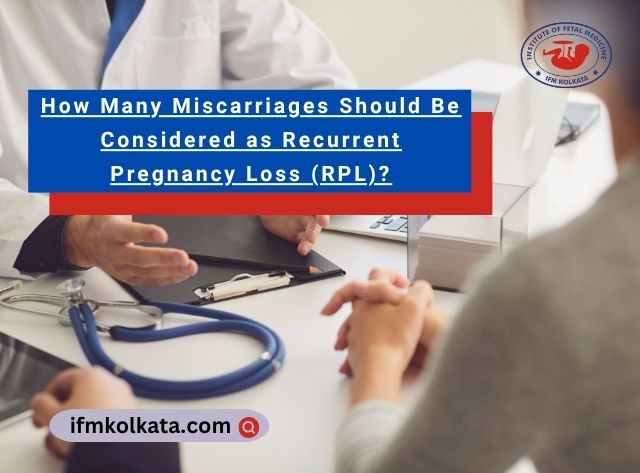Experiencing a miscarriage is heart-breaking. When multiple miscarriages occur, it may indicate recurrent pregnancy loss (RPL). Understanding what constitutes RPL helps in seeking proper diagnosis and treatment.
What is Recurrent Pregnancy Loss (RPL)?
RPL is traditionally defined as having two or more consecutive miscarriages before 20 weeks of gestation. Some guidelines consider three or more losses.
Causes of RPL
- Genetic abnormalities: Chromosomal issues in either parent or fetus.
- Anatomical problems: Uterine abnormalities like septum or fibroids.
- Hormonal imbalances: Thyroid disorders, PCOS.
- Immune factors: Antiphospholipid syndrome, autoimmune diseases.
- Infections: Chronic infections impacting pregnancy.
- Lifestyle factors: Smoking, excessive caffeine, and obesity.
Diagnosis and Testing
- Detailed medical history and physical exam.
- Blood tests for hormonal and immune markers.
- Genetic testing of parents and sometimes fetal tissue.
- Imaging to assess uterine anatomy.
Treatment Options
- Correcting hormonal imbalances or thyroid disorders.
- Surgical correction of uterine anomalies.
- Blood-thinning medications for immune causes.
- Lifestyle changes to improve overall health.
If you have had two or more miscarriages, consulting a specialist is important to identify causes and plan management. Early intervention can improve chances of successful pregnancy.

